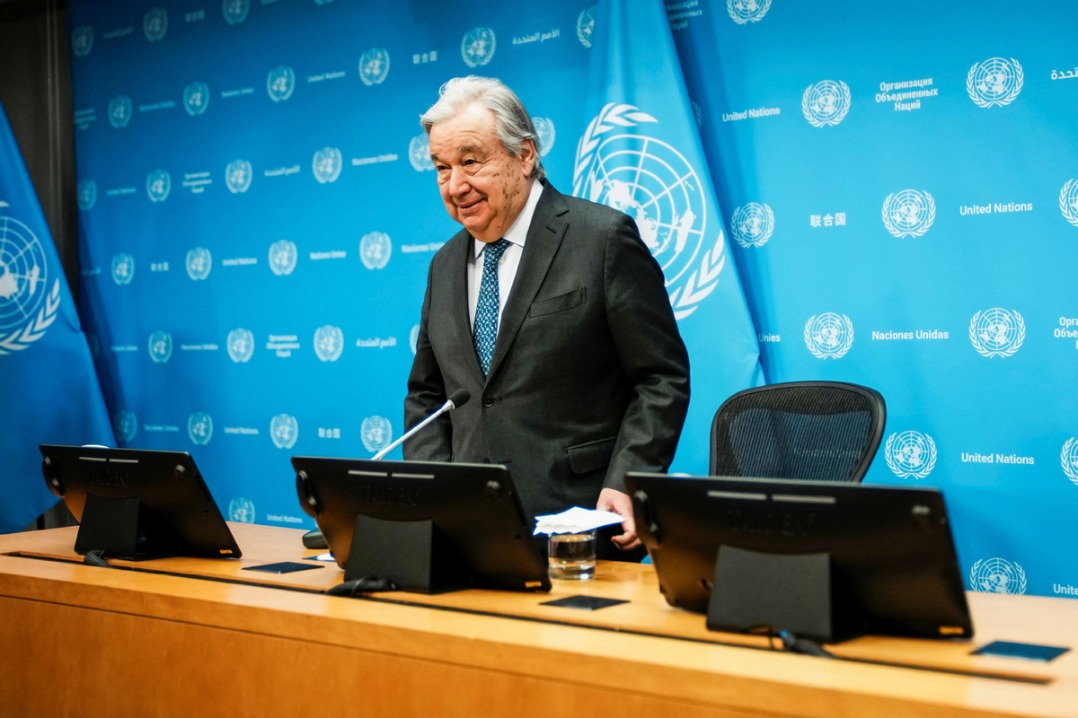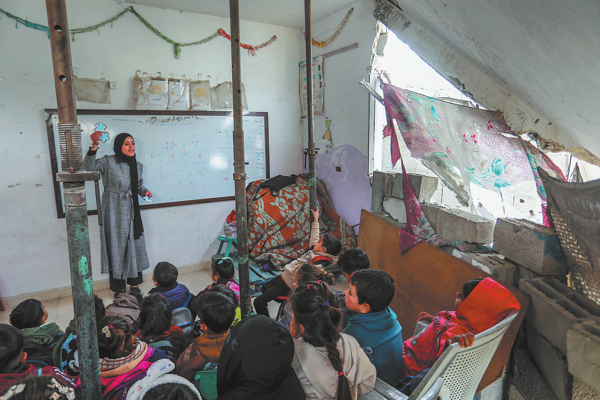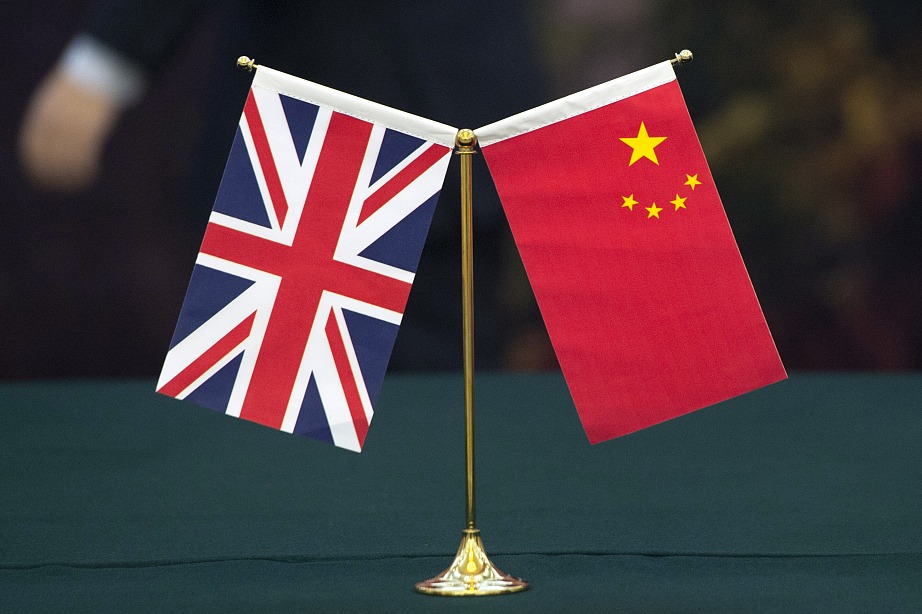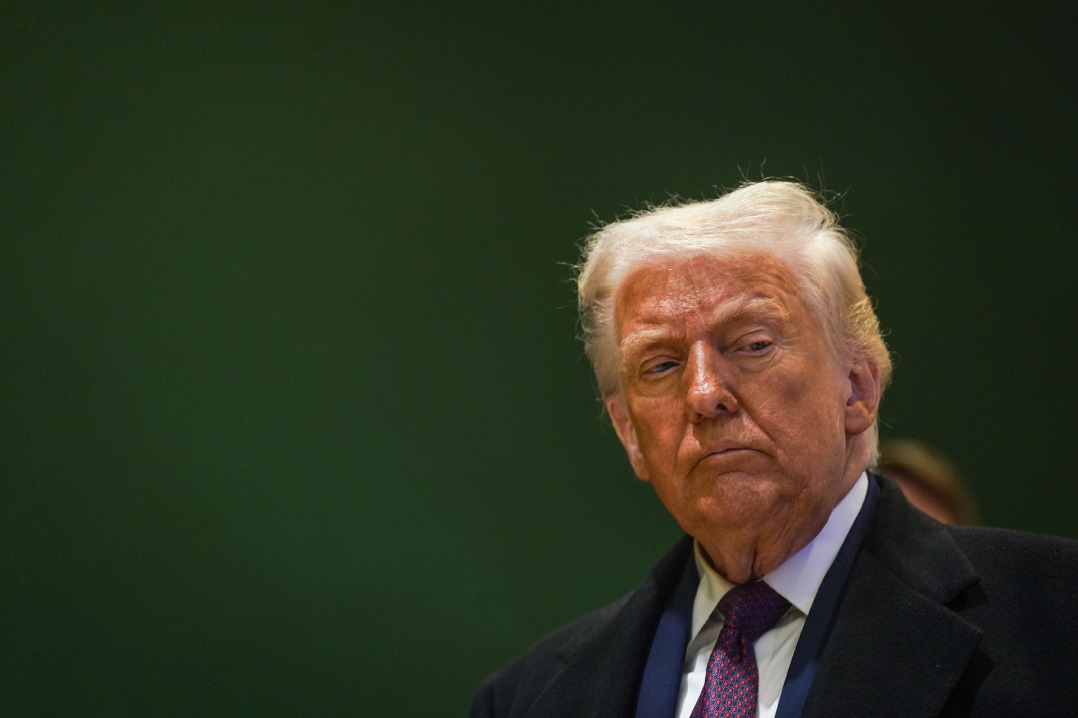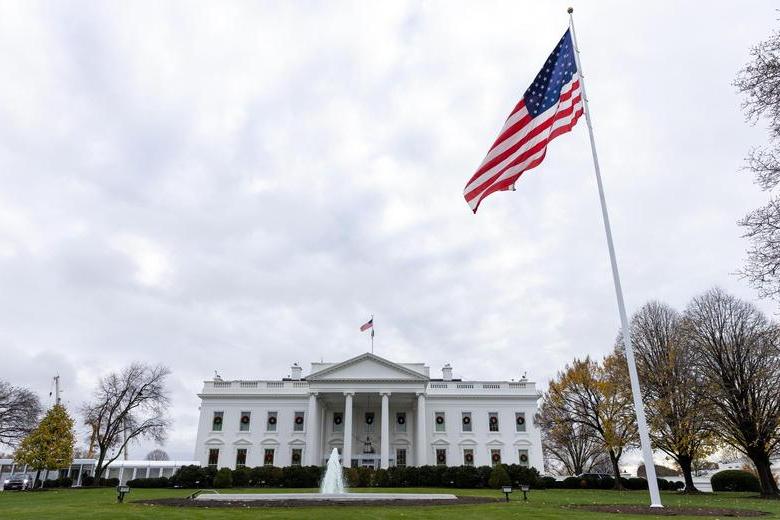China completes 3rd Universal Periodic Review at UN Human Rights Council

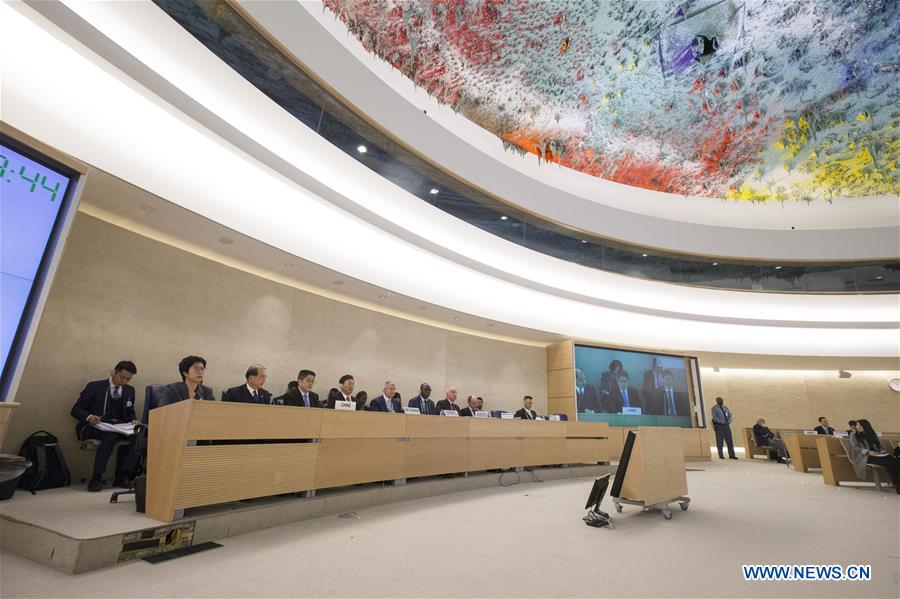
De-extremization measures
Asked about China's "counter-terrorism measures" in Xinjiang Uygur autonomous region, Le said they are not issues about ethnic or religious matters.
"They are matters concerning the maintenance of stability in Xinjiang and the maintenance of China's territorial integrity," he said.
He told reporters that Xinjiang had been affected by terrorism since the 1990s, and the government would not sit by and do nothing in the face of such threats.
The Xinjiang government has adopted a series of anti-terrorism and de-extremization measures, including the establishment of a vocational education and training program.
He stressed that terrorism activities are closely related to religious extremism, which was once rampant in Xinjiang.
"When I visited the Xinjiang vocational education and training centers, some students told me that they used to deny and reject all secular things. (They) refused to go to school, read books, watch TV, and even did not want to use the roads built by the government because they were considered as 'non-Halal'," he said.
The vocational education and training program is established to help those influenced by extremism return to normal life through education. As a preventive measure, it is another major contribution that China has made to international counter-terrorism, Le said.
"Practice has proved that the de-extremization measures adopted in Xinjiang are effective," he added.
- China calls for commitment to political settlement of Ukrainian issue
- Remarks by State Councilor and Minister of Foreign Affairs Wang Yi at the MFA 2019 New Year Reception
- China plays remarkable role in expanding creative goods trade: UN report
- The events that made our year
- What's happening in the world next week
















